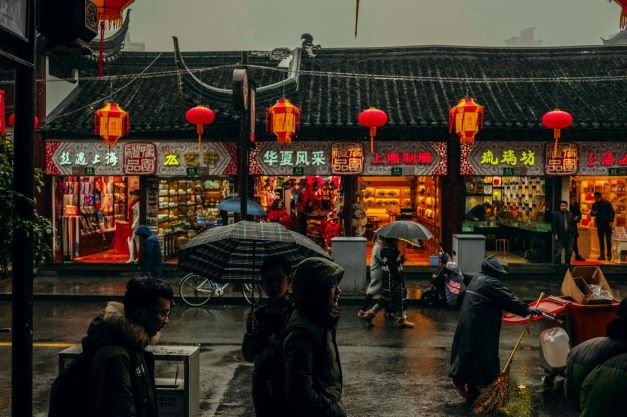Why Xi Jinping might rule China until his death
Xi Jinping wants to elevate China to a more prominent role in global governance, and one of his goals is to expand the country's international influence and standing.

Chinese President Xi Jinping is a leader who does not accept contrary opinions, not even from the highest circle of power; he has pretensions of a global leader and is insecure about his capacity; he is a brilliant manipulator to obtain power, concentrate it in his hands as never before in 30 years and perpetuate himself in it, said the first Mexican ambassador to China (1972-1976 and 1982-1987), Eugenio Anguiano Roch.
As part of his speech at the 20th Congress of the Chinese Communist Party, the president presented a balance of his performance so far and the possible scenarios of evolution in key issues such as the rivalry with the United States, its relations with Russia, and the global south, as well as the reunification strategy of Taiwan, among other aspects.




